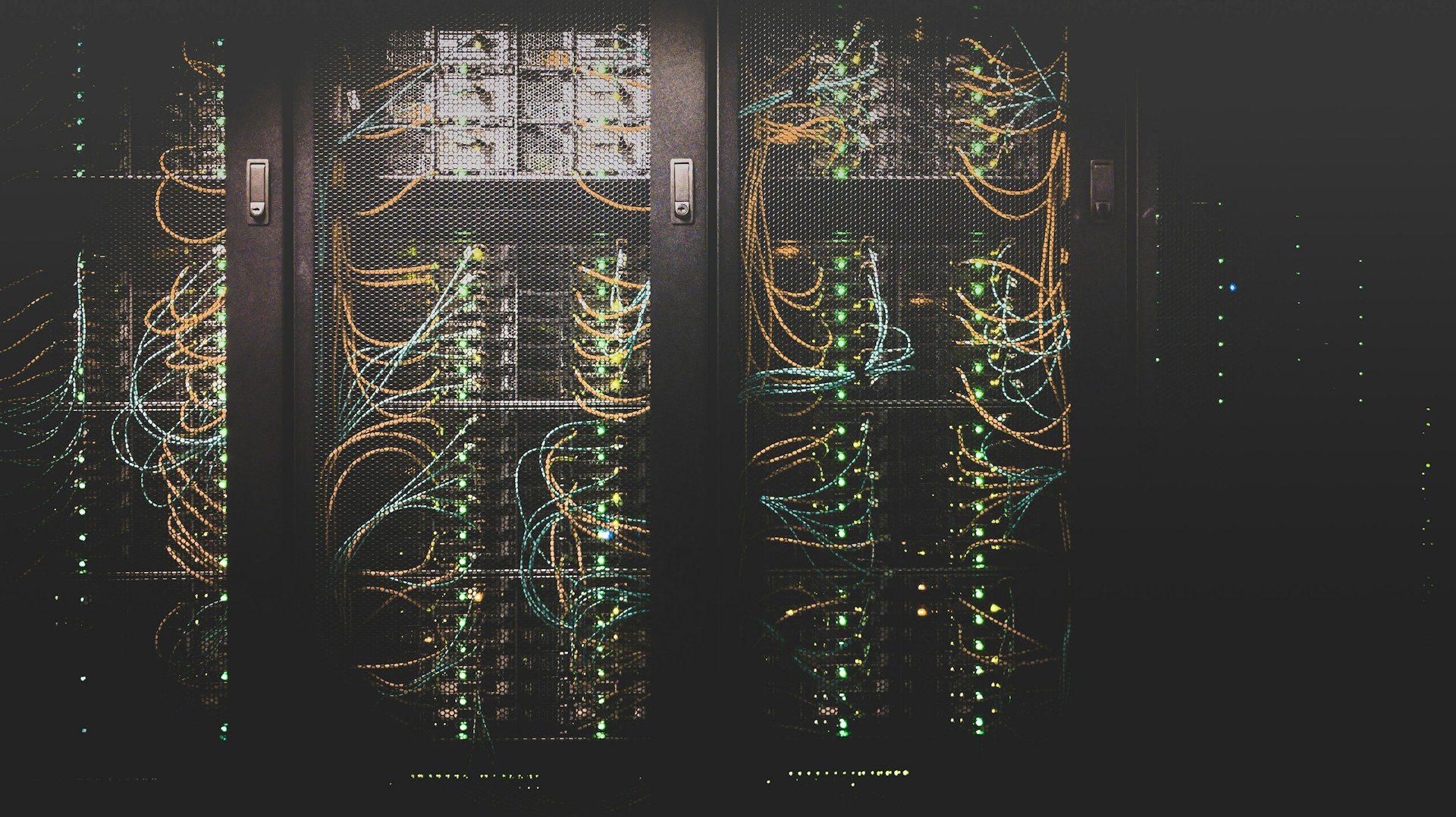
The Importance of Edge Hosting
Learn how our tailored solutions can help your business achieve both speed and security in the ever-evolving world of edge hosting.
BLOG
1/4/20242 min read
In the ever-evolving landscape of digital technology, the concept of edge hosting has emerged as a game-changer. As we delve deeper into the era of the Internet of Things (IoT), artificial intelligence (AI), and 5G networks, the traditional centralized hosting models are being pushed to their limits. This is where edge hosting comes into play, offering a more efficient, faster, and reliable solution for handling the massive influx of data and the need for real-time processing.
What is Edge Hosting?
Edge hosting refers to the practice of processing data and services as close to the end-user as possible. Unlike traditional cloud hosting, where data is stored and processed in a few large data centers, edge hosting relies on a network of smaller, geographically distributed servers. These servers are located closer to the users, which significantly reduces latency and improves the speed of data processing.
Why is Edge Hosting Important?
1. Reduced Latency
The most significant advantage of edge hosting is the drastic reduction in latency. By processing data closer to the source, the time it takes for data to travel between the server and the user is minimized. This is crucial for applications that require real-time data processing, such as autonomous vehicles, online gaming, and real-time analytics.
2. Bandwidth Optimization
With the exponential growth in data generation, bandwidth is becoming an increasingly scarce resource. Edge hosting alleviates the strain on bandwidth by processing and storing data locally, reducing the need for long-distance data transmission. This not only speeds up the data processing but also reduces the costs associated with data transfer.
3. Enhanced Security
Edge hosting can also enhance security. By decentralizing the storage and processing of data, the risk of large-scale data breaches can be reduced. Localized data processing means sensitive information doesn't have to traverse through multiple networks, minimizing exposure to potential security threats.
4. Scalability and Flexibility
Edge hosting offers unparalleled scalability and flexibility. Businesses can easily scale their operations up or down by adding or removing edge servers based on demand. This is particularly beneficial for businesses that experience fluctuating levels of traffic.
5. Supporting IoT and AI Growth
As IoT and AI technologies continue to grow, the demand for real-time data processing and analysis is skyrocketing. Edge hosting is essential in supporting these technologies, providing the necessary infrastructure to handle the vast amounts of data generated by IoT devices and AI applications.
The Future of Edge Hosting
The future of edge hosting is incredibly promising. With the rollout of 5G networks, the potential for edge hosting will expand even further. The combination of 5G and edge hosting will enable new applications and services that require ultra-low latency and high bandwidth, such as augmented reality (AR) and virtual reality (VR).
Moreover, edge hosting is set to play a critical role in smart city developments, where real-time data processing is essential for traffic management, public safety, and energy efficiency.
Conclusion
Edge hosting is not just a trend; it's a fundamental shift in how we process and manage data. By bringing data processing closer to the source, edge hosting offers reduced latency, improved bandwidth usage, enhanced security, and greater scalability. As we continue to advance in the realms of IoT, AI, and 5G, the importance of edge hosting will only grow, making it a cornerstone of our digital infrastructure. For businesses and consumers alike, embracing edge hosting is key to unlocking the full potential of future technologies.


Subscribe to our newsletter
(C) 2024 Cloud Hosting Advisor
